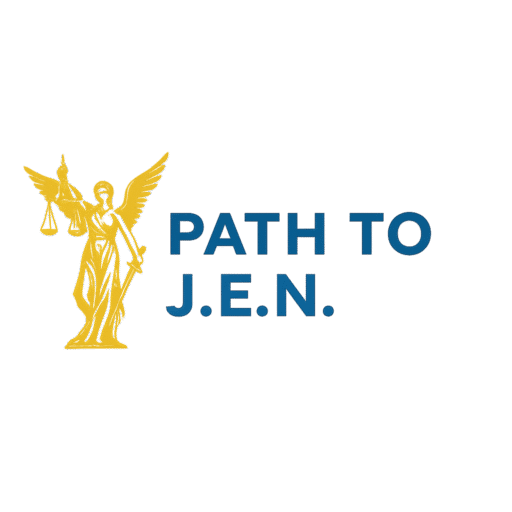The Invisible Barriers We Don’t See
For some, the biggest obstacles aren’t the laws themselves — they’re the loopholes, the fine print, the endless waitlists, the quiet “you don’t qualify.” Justice gets delayed in forms that require proof of pain, or in systems designed for someone else’s version of stability.
People working full time still can’t afford therapy. Parents are forced to choose between rent and medication. Students are told their disability “doesn’t look like one.” These aren’t failures of will — they’re failures of design. And yet, through it all, people keep going. They advocate, they adjust, they survive. That endurance — visible strength against invisible barriers — is justice in motion.
Path to J.E.N. was created to name those barriers and honor that strength — because fairness shouldn’t depend on who can fight hardest; it should begin with who is willing to listen.
Justice isn’t an institution; it’s an action repeated daily in small, consistent ways.
The Numbers Don’t Tell the Story
Our systems love numbers. We measure productivity, grades, profits, and efficiency — and call it progress. But data can’t capture dignity. A chart won’t show the teacher buying supplies out-of-pocket, or the patient skipping medication to afford food.
Justice can’t be proven by statistics alone. It lives in context — in stories, in shared experience, in the space between what’s measurable and what matters. When we center only numbers, we erase the people behind them. True justice looks past the data to see the lived human story inside it.
When the Scales Tip Back
Sometimes, the scales of fairness do begin to balance — a denied claim is reversed, a workplace changes policy, a student finally receives accommodations. These moments matter because they prove change is possible — not by accident, but because someone spoke, connected, and refused to let silence win.
Every story told shifts the weight. Every shared experience adds a hand to the scale. Justice grows through empathy, awareness, and accountability.
Redefining Justice with Path to J.E.N.
Path to J.E.N. exists to bridge the space between compassion and change — not simply to talk about fairness, but to live it through education, community, and the radical act of empathy. Fairness doesn’t need to be perfect to be humane; it needs to be designed with people in mind. When empathy becomes part of the design, justice becomes something all of us can access — not something we have to earn.
Rise to Action
Justice starts with awareness — and awareness starts with you. Your experience matters. Every story shared shines light on the corners where fairness hasn’t yet reached.
